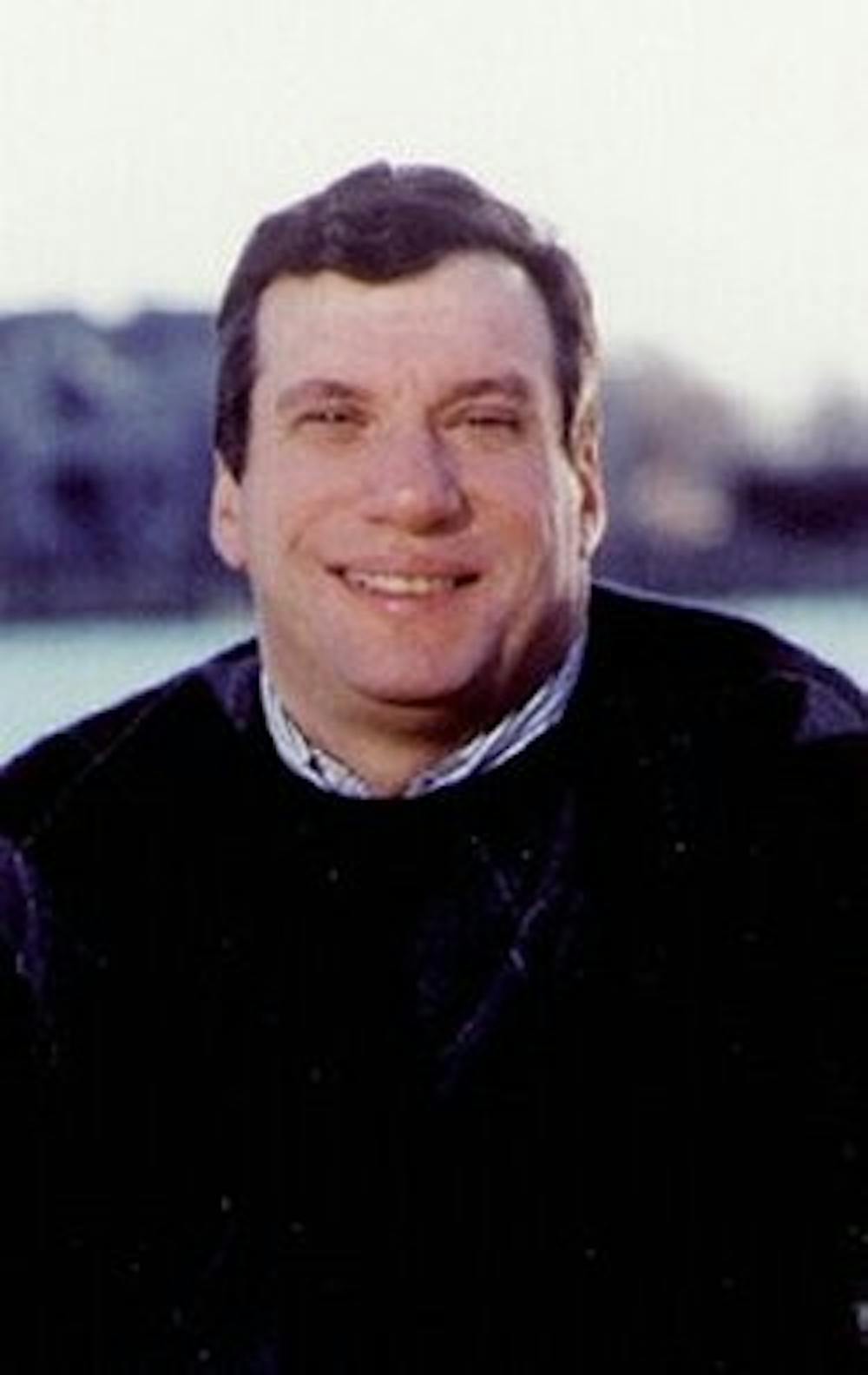John Feinstein, a Duke graduate, a New York Times’ best-selling author and a columnist for the Washington Post, knows the intensity of North Carolina basketball. The Daily Tar Heel staff writer Paige Connelly spoke with Feinstein about his book, “The Legends Club: Dean Smith, Mike Krzyzewski, Jim Valvano, and an Epic College Basketball Rivalry.”
The Daily Tar Heel: Tell me about your book.
John Feinstein: I think I can make the case that combined, I knew all three better than any of the media. I knew (Jim) Valvano very well, I know (Mike) Krzyzewski very well, and I think I knew Dean (Smith) as well as anybody in the media ever has.
In fact, in 2009, he and I actually started to work on a biography that I was going to write on him, an authorized biography, but unfortunately by then he’d gotten to the point where it was just impossible for him to carry through until the and of the book.
So I knew them all well. They were all extraordinary, and I thought writing their relationships and their rivalries, which were very intense, would make for a very good book. It was certainly a fun book for me to research.
DTH: Of all the college rivalries, why was this close to your heart enough that you wanted to write about it?
JF: The three men that I was writing about were unique in their own way, and as I said, I first met Dean when I was in college, as I described in the introduction to the book.
I met Krzyzewski and Valvano when I was in college, too, when I was a senior, both together at a luncheon in New York City when I was up there with the Duke basketball team because Duke was playing in Madison Square Garden.
I’ve said to people that I wasn’t born to write this book, but I lived it because I was covering the ACC for The Washington Post in the 1980s and spent a lot of time down there in the Triangle area.




